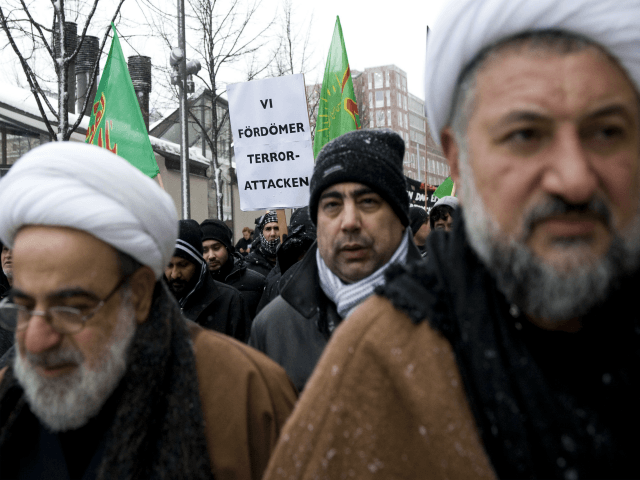Muslims in Sweden have applied for permission to broadcast the call to prayer, claiming the move would boost community self-esteem and assist with integration.
The Växjö Muslim Foundation submitted an application to the police requesting permission to send out a three-minute Islamic call to prayer each Friday from a loudspeaker attached to the front of a mosque in the city’s Araby district.
“We are just wanting Sweden to allow Muslims in Växjö to feel even more at home. The Islamic community should be proud of their culture, and not feel like they have to hide,” said Imam Ismail Abu Helal.
The imam told Smålandsposten he believes allowing the call to prayer could have a positive effect on the city, and that it would help enable Muslims to better integrate into Araby, a district in which already by 2008, 58 per cent of residents were recorded to have had foreign backgrounds.
“I think that [allowing the call to prayer] is good for integration, and it will provide confirmation of religious freedom,” said Abu Helal. “Muslims are not visitors in Växjö, we live here.”
Acknowledging there might be mixed reactions at first, if the mosque gets approval to broadcast the Islamic call to prayer, he told the newspaper: “Everything new creates anxiety, but in the long run it will be fine.”
The application, in which Växjö Muslim Foundation likened the call to prayer to church bells, has been passed on to the Environmental and Health Protection Office to assess how it would affect people living in the mosque’s vicinity.
Police in the city will wait to hear the assessment before making a decision, said Pia Ringius, who is handling the case, but she told local media: “As I see it, it will be hard for us to say no, because [Muslims] have been granted permission in Stockholm.”
Earlier this month, a mosque in northwest Germany was ordered to stop broadcasting its Friday call to prayer after a local court upheld a challenge by a couple opposed to the muezzin call.
“It’s a chant in a key that’s disturbing to us, but it’s all about the content of the call, which sets Allah above our God as a Christian, and I, as a Christian who grew up in a Christian environment, do not accept it,” local media quoted the plaintiffs as saying.
